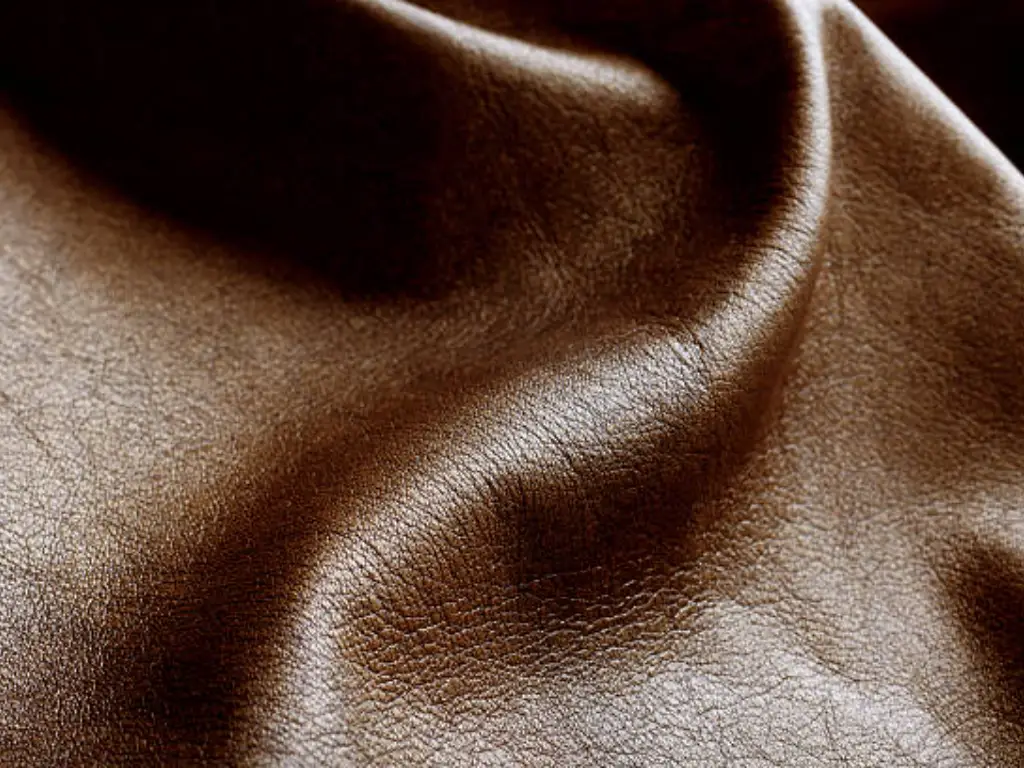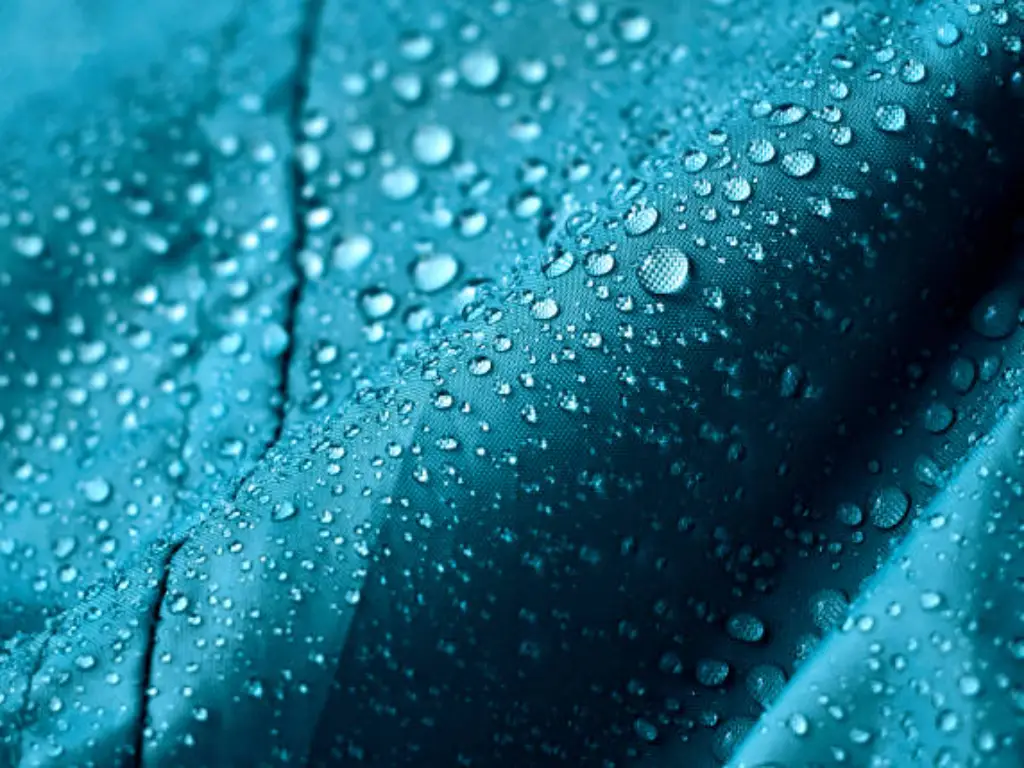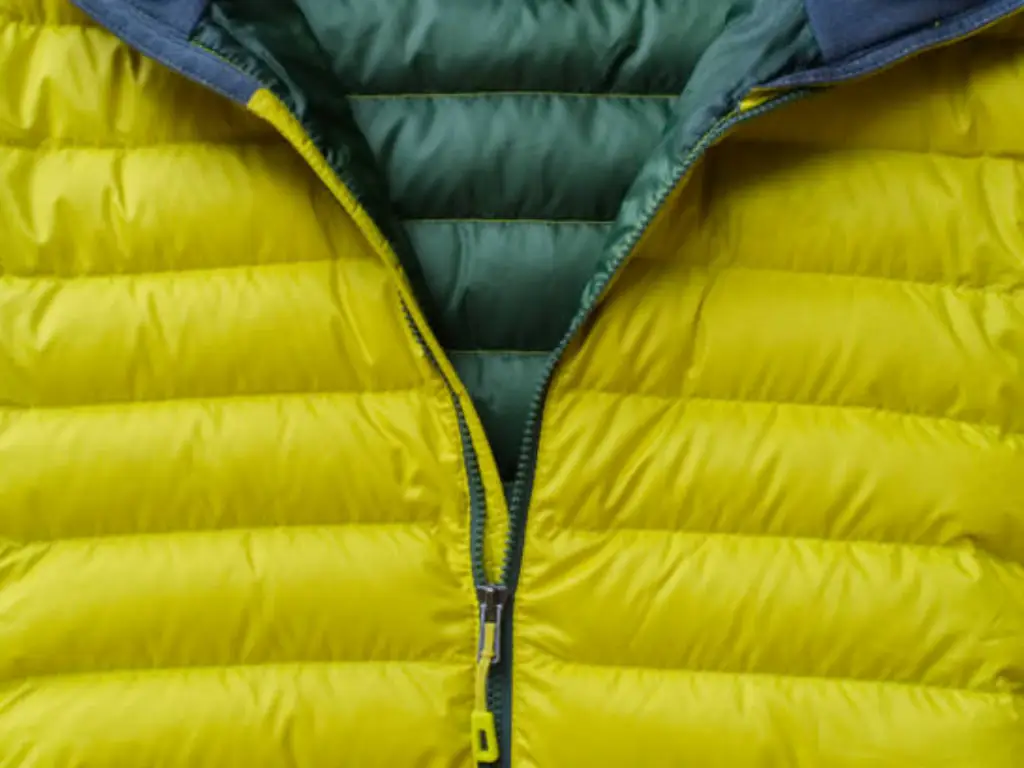Overview
When searching for the best jacket material, one should look for something that is long lasting and versatile. Regardless of whether you are strolling through a windy city or climbing up a mountain, the material used in the jacket assists in protecting and warming you. This article will focus on the ten best jacket fabrics that are durable and suitable for all seasons. We will discuss why each material is unique, so you can select the one that is best for the climate, how it will be used, and personal preference.
Ideally, the material of a jacket should protect you from the elements and at the same time be comfortable. Thus, you have to consider things like how warm it is, whether it is waterproof, and whether it allows air in. We will discuss familiar fabrics such as wool and twill and new ones such as ripstop nylon. This guide will provide you with all the information you need to make the right decision on which jacket material to choose depending on the weather and the activities you are going to be involved in.
Table of Contents
10 Types of Common Materials Used for Jackets
Wool
Wool is a classic jacket material that not only provides warmth but also breathability, meaning that even if the jacket is slightly wet, it is still comfortable to wear. Wool is available in different categories such as cashmere which is very soft and other types which are hardy and insulating such as sheep’s wool. When wool is blended with other fibers, durability is achieved and costs can be controlled, thus making wool suitable for cooler regions and not warm regions.
- Key Characteristics: Thermo-regulating, breathable, insulating
Leather
Leather is famous for its high wear resistance, protection against wind, and the ability to create an attractive appearance, which makes it a premium material for jackets. Made from treated animal skin, leather jackets can last for several years if properly maintained. They come in various designs and are suitable for all types of jackets ranging from bomber to blazers and are perfect for protection from the wind.
- Key Characteristics: Durable, wind-resistant, stylish

Faux Leather
Faux leather is made from man-made materials like polyurethane. It looks and feels like real leather but doesn’t harm animals. It’s great because it’s stylish, tough, good for your wallet, and kind to animals. Faux leather is also good for all kinds of weather, which makes it very popular for fashion.
- Key Characteristics: Weather-resistant, ethical, easy-care
Denim
Denim is a kind of fabric that is made from tough cotton material and it can be used to make jackets, a casual type of clothing that is meant for everyday purposes. Modern denim jackets typically come in a variety of washes and treatments, which make them appear more attractive and last longer. In its various forms, this fabric offers fair protection against the weather while being comfortable enough for people to wear.
- Key Characteristics: Rugged, durable, casual
Polyester
Polyester is particularly noteworthy for its wind and waterproofing properties, which makes it ideal for creating lightweight yet durable outerwear. Polyester jackets are easy to maintain and dry quickly, making them ideal for everyday use and outdoor activities; they are also very durable.
- Key Characteristics: Lightweight, water-resistant, durable

Fleece
Made primarily from polyester, fleece offers an impressive warmth-to-weight ratio. It is soft and cozy, making it perfect for cold weather when dry conditions prevail. Fleece jackets are often used for layering due to their lightweight and breathable characteristics, enhancing warmth without significant bulk.
- Key Characteristics: Warm, lightweight, breathable
Cashmere
Extracted from specific goat breeds, cashmere is valued for its incredible softness and excellent insulation properties. While it brings luxury and elegance to jacket collections, cashmere requires careful maintenance to preserve its fine fibers, typically suited for cooler fashion-oriented settings.
- Key Characteristics: Luxurious, soft, insulating
Cotton
As a natural fabric, cotton offers great breathability and comfort, which makes it suited for lighter and versatile jackets in warmer weather or for layering. Depending on the weave, cotton jackets can vary from lightweight to more structured forms, like heavy twill, giving it a broad application range.
- Key Characteristics: Breathable, comfortable, versatile
Nylon or Ripstop
Nylon and ripstop fabrics are choices for performance outerwear due to their superb durability and resistance to tearing. These materials are lightweight, easy to maintain, and often equipped with additional coatings that enhance their resistance to water and wind, making them excellent for active use in variable weather conditions.
- Key Characteristics: Tear-resistant, durable, lightweight
Twill
Twill fabric, recognized by its diagonal weave pattern, provides enhanced durability and a distinctive look that contributes to both aesthetics and wear resistance. Jackets made from twill are known for their ability to hold shape and stand up to regular use, offering a blend of functionality and style.
- Key Characteristics: Durable, aesthetic, versatile
How to Choose the Right Jacket Material
Fabric Weight
Whether you’re selecting a jacket, one of the vital factors to consider is the weight of its fabric. Leather and wool are among the heavy materials that usually weigh between 500-800 gsm, and they provide excellent insulation which is perfect for colder climates. This implies that these should be your best choice for winter coats and jackets as it would prevent you from getting cold in freezing temperatures. On the other hand, lighter clothes such as polyester and nylon often range from 100 to 300 gsm which works best during mild weather conditions making them ideal for windbreakers and varsity jackets. Whether you are going out to head out for a social media event or simply doing your daily activities, striking a balance between how thick a cloth feels and how well air can flow through it is essential for both comfort and practicality.
Considering Climate and Usage
Proper fabric selection depends upon the local weather conditions and how you plan to use your jacket. If you live in a place with harsh winters, for example, consider buying a heavyweight wool fabric or a nice leather one. These materials are great since they offer good insulation as well as weigh quite heavily. Instead, if you are in an area where weather is characterized by intermittent rain showers and breezes, then go for lightweight jackets such as water-resistant nylon or polyester ones weighing below 300 gsm which can protect against elements but won’t cause overheating. There are also synthetic shearling blends that combine warmth (typically between 400-600 gsm) with moisture resistant properties making them great for capricious climates. You need to ensure that material qualities match your environmental needs best possible to optimize performance.

Balancing Style and Functionality
Functionality is a must. The jacket material that you choose should reflect your own style and go well with what you already have in your wardrobe. Such fabrics as denim, tweed, and linen give your look a timeless appeal whereas modern materials like faux suede or jacquard fabric bring in the contemporary twist to it. For instance, bomber jacket made of faux suede will make you look smart and young thus can be combined with different materials and colours suiting different style preferences. Additionally, the choice of lining (be it satin, flannel, or jersey) also adds some luxury and comfort to the garment. With a wide range of available materials, one does not have to choose between practicality and fashion; there is an opportunity to find an item that is at home in any harsh environment while still being unique.
You are better prepared for selecting the perfect winter jacket material that suits both your style requirements as well as functionally accomplishes its purpose by putting together these considerations. When comparing choices on the web or when purchasing from brick-and-mortar stores remember these guidelines so that you can select wisely towards weather patterns matching your lifestyle needs.
Conclusion: Find a Jacket Manufacturer?
While searching for the perfect all-season jacket, consider partnering with a specialized producer such as Fangyuan. It is known that this company, which is situated in China, has been producing OEM jackets for ten years already and it is widely recognized for its belief in quality and sustainable production techniques. Among the fabrics that they have on offer are higher quality cotton, posh cashmere wool, among other fine materials sourced from both local and global suppliers. These outstanding raw materials enable them to come up with jackets that are long-lasting as well as trendy and at the same time eco-friendly because they comply with modern sustainability practices. Opting for Fangyuan as your jacket manufacturer will guarantee you an item that meets your specifications while sustaining workmanship that complies with moral standards. Whether it is durability, style or even eco-friendliness you want to prioritize first; Fangyuan is without a doubt one of the leading manufacturers of top-notch outerwear today.
Frequently Asked Questions
Which jacket materials are waterproof and breathable?
Nylon and polyester are popular choices for waterproof and breathable jackets, often used in outerwear for sports and outdoor activities. These materials can be treated with coatings that repel water while allowing vapor to escape, helping to keep you dry and comfortable in wet conditions.
What is the best jacket material for outdoor activities and sports?
For high-intensity activities, lightweight and durable materials like fleece and ripstop nylon offer flexibility, breathability, and protection. Their ability to handle vigorous movements and varying climates makes them ideal for sports enthusiasts.
What are some popular brands that use durable jacket materials?
Brands like Patagonia, North Face, and Arc’teryx are well-known for their use of high-quality, durable materials in their jackets designed for both casual wear and performance activities. Each brand offers unique innovations in jacket materials that cater to different needs and preferences.
